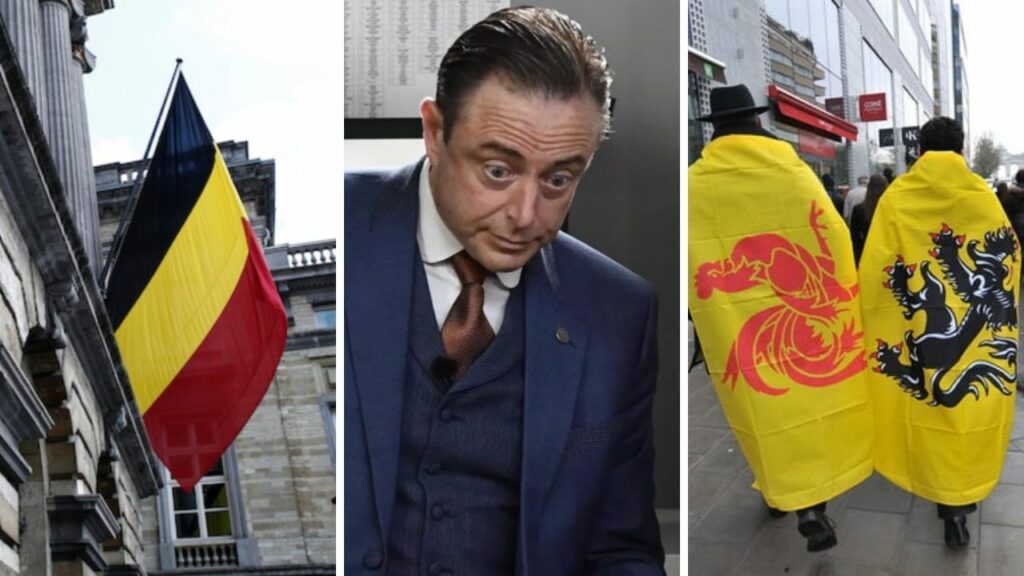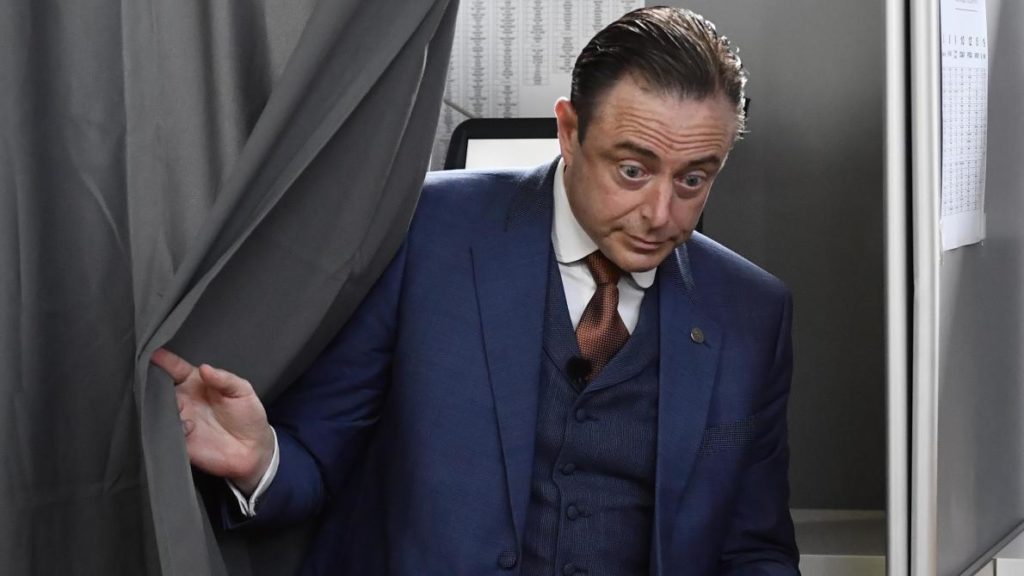Belgium's intricate (some might say convoluted) political puzzle garners a lot of discussion, debate and dismay, depending on who's speaking. It's certainly worthy of the attention it receives – not only does understanding it help us engage better with the system of governance, it also gives a history lesson of sorts about the structure of modern Belgium.
Yet the multi-layered organisation that at some times devolves powers to individual regions and at others places it firmly at the feet of the Federal Government can disguise more subtle tensions to even the more politically-astute observers. Distinguishing the voices we should pay attention to and those who are just clamouring for the limelight is complicated by the country's diffuse structure of authorities.
Anyone more used to the voting systems that favour a few established parties will be even more perplexed by Belgium's diversity of voices, alliances and rifts. Even keeping track of who are the biggest political groups is a challenge. You might assume that the party of Prime Minister Alexander De Croo (Open Vld – Flemish conservative liberals) is the most salient contingent. You would be wrong.
In fact, two parties muster much more of the national vote, at least according to an in-depth September poll of citizens in all regions. To compound the confusion, neither of these is in government. And to add a final twist to Belgium's bewildering world of who's-who, the leader of what was in the last election the biggest party – Bart De Wever of rightwing N-VA Flemish nationalists – has ruled out the possibility that his party will join in the next Federal Government without confederalism being applied in Belgium.
Not holding back on the inflammatory rhetoric, De Wever founded his objection to the current arrangement on the premise that Wallonia won't be able to balance its budget whilst Flanders will. To make his point he played on prejudice to liken the French-speaking region to "a southern Italian" – overlooking the various political differences that disqualify the comparison (Italy is not even federal).
There's no denying that Belgium has a big deficit which risks hampering economic recovery as investors shy away. Yet it is unlikely that De Wever's proposal would help Belgium's case as the EU looks to unify regions and has historically looked coldly on separatist attempts elsewhere (see Catalonia or Scotland).
Furthermore, by sowing yet more uncertainty on Belgium's ability to function politically, and thereby economically, De Wever's incendiary approach only creates more headaches.
Belgium in Brief is a free daily roundup of the top stories to get you through your coffee break conversations. To receive it straight to your inbox every day, sign up below:
1. Two killed in multiple stabbing incidents across Brussels
Two people were killed and two injured in multiple stabbing incidents across Brussels on Monday evening, none of which were related. Read more.
2. 'Confederalism or nothing': N-VA sets condition for joining next Federal Government
The Flemish separatist, rightwing N-VA party will not be part of Belgium's new Federal Government in 2024 without confederalism, said party leader Bart De Wever this weekend – complicating what is expected to become a difficult government formation puzzle two years before people even go to vote. Read more.
3. Half of trains to run on Wednesday and Thursday
A 24-hour railway strike started on the Belgian rail network at 22:00 on Monday night. As a result, only a quarter of trains are running on Tuesday. However, on Wednesday and Thursday half of the trains will run, confirmed SNCB spokesman Dimitri Temmerman. Read more.
4. Europe continues importing furniture made with forced labour
Despite international sanctions against Belarus under the dictatorship of Alexander Lukashenko, whose regime supports Russia’s war effort in Ukraine, European companies are still importing massive quantities of Belarus-made furniture, some of which is built using forced labour from penal colonies. Read more.
5. SNCB to extend train discounts to all families by 2024
Belgian national railway operator SNCB is looking to expand its current discount formula for families to include those of all sizes by 2024, the company's spokesperson has said. Read more.
6. Flanders wants to become 'Silicon Valley of sustainable food production'
Flanders has created a new regional food strategy which is seeking to attain strategic autonomy in the sector and help make the region become the "Silicon Valley of sustainable food production." Read more.
7. Hidden Belgium: The Diver
Le Plongeur et son arc (The Diver and his Arc) was placed on the banks of the Meuse in Liège in 2000. This stunning sculpture next to the yacht harbour shows a muscular diver balanced on his hands on top of a giant steel arc. And it has a remarkable history. Read more.


